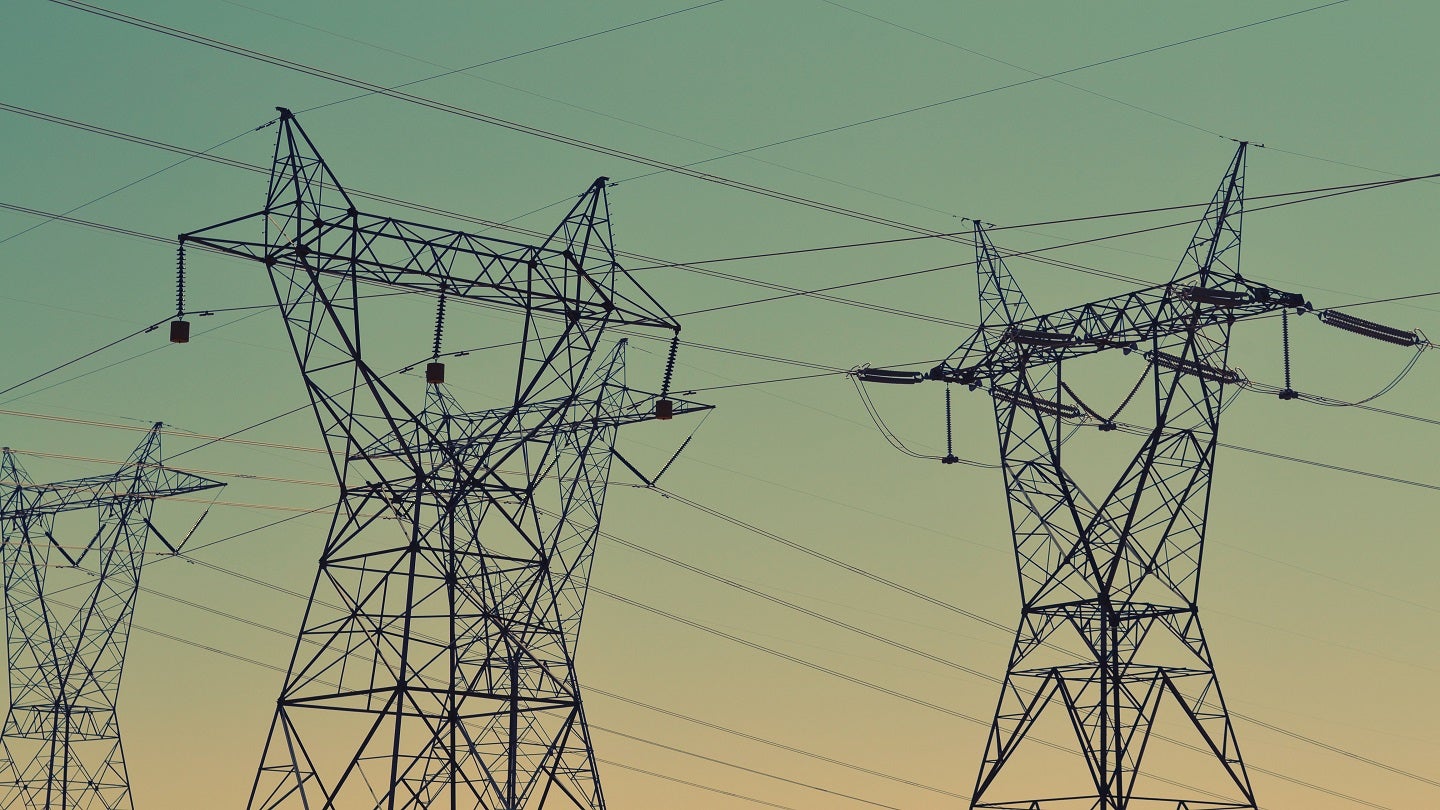
Germany’s central infrastructure authority presented plans on Monday to double its high-voltage transmission grid infrastructure from 440km of high-voltage lines to 900km by the end of this year.
The Federal Network Agency also hopes for a total of 2,800km of high-voltage lines to be approved by the end of 2024 and 4,400km by the end of 2025. This expansion of its electricity infrastructure is intended to help efficiently link the north of Germany, which holds the largest wind power assets, with the south and west to provide increased electrical capacity to the largest industrial areas in the country.
The agency did not specify how much the grid upgrades would cost, or how they would be paid for.
Germany’s Government also plans to digitalise its grid, notably at the low-voltage or distribution level, through a new “smart grids” legal framework, adopted in draft in January and in force from the end of May. The Metering Point Operation Act mandates a 20% roll-out of smart meters by the end of 2025 and 50% by the end of 2028. By 2032, smart meters should become “largely standard” in German homes.
Digitalised grids are becoming increasingly important as countries seek to accommodate growing amounts of variable renewable capacity. Smart meters installed in consumers’ homes are a key part of this. Their mandatory roll-out is intended to increase the efficiency and reliability of the country’s electricity system through “communicative connection”, which enables feedback between consumers and energy providers.
Germany’s smart meter roll-out has been sluggish compared with other EU member states. In October last year, Economy Minister Robert Habeck announced that the national installation of smart meters would be accelerated.
Grid expansion in Germany is also essential for it to meet its ambitious electrification targets. By 2030, the country hopes to source 80% of its electrical power from wind and solar energy.
“The expansion of renewable energies, the greater use of electric cars in the transport sector and heat pumps in buildings require intelligent linking of electricity generation and consumption,” Federal Minister for Economic Affairs and Climate Protection Robert Habeck said in a statement in May. “Our future energy system will become much more flexible and therefore also more complex, and for this we need smart meters and a digitisation of the energy transition.”



